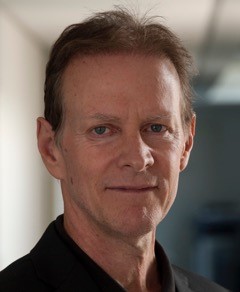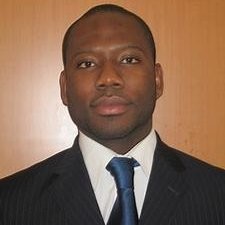
Patrick Valduriez
Title: Blockchain 2.0: opportunities and risks in developing countries
Bio:
Patrick Valduriez is a senior scientitst at Inria and LIRMM, University of Montpellier, France. He has also been a professor of Computer Science at University Pierre et Marie Curie (UPMC) in Paris and a researcher at Microelectronics and Computer Technology Corp. in Austin, Texas. He received his Ph. D. degree and Doctorat d’Etat in CS from UPMC in 1981 and 1985, respectively. He is the head of the Zenith team (between Inria and University of Montpellier, LIRMM) that focuses on data science, in particular data management in large-scale distributed and parallel systems and scientific data management. He has authored and co-authored over 400 technical papers and several textbooks, among which “Principles of Distributed Database Systems”. He currently serves as associate editor of several journals, including the VLDB Journal, Distributed and Parallel Databases, and Internet and Databases. He has served as PC chair of major conferences such as SIGMOD and VLDB. He was the general chair of SIGMOD04, EDBT08 and VLDB09. He obtained the best paper award at VLDB00. He was the recipient of the 1993 IBM scientific prize in Computer Science in France and the 2014 Innovation Award from Inria – French Academy of Science – Dassault Systems. He is an ACM Fellow.
Abstract:
Popularized by bitcoin and other digital currencies, the blockchain has the potential to revolutionize our economic and social systems. Blockchain was invented for bitcoin to solve the double spending problem of previous digital currencies without the need of a trusted, central authority. The original blockchain is a public, distributed ledger that can record and share transactions among a number of computers in a secure and permanent way. It is also a complex infrastructure, combining several technologies such as P2P, data replication, consensus protocols and cryptography.
The term Blockchain 2.0 refers to new applications of the blockchain to go beyond transactions and enable exchange of assets without powerful intermediaries. Examples of applications are smart contracts, persistent digital ids, intellectual property rights, blogging, voting, reputation, etc. Blockchain 2.0 could dramatically cut down costs, by automating operations and removing intermediaries. It could allow people to monetize their own information and creators of intellectual property to be properly compensated. The potential impact on society is also huge, as excluded people could join the global economy, e.g. by having digital bank accounts for free.
In this talk, I will introduce Blockchain 2.0 technologies and applications, and discuss the opportunities and risks. In developing countries, for instance, the lack of existing infrastructure and regulation may be a chance to embrace the blockchain revolution and leapfrog traditional solutions. But there are also risks, related to regulation, security, privacy, or integration with existing practice, which must be well understood and addressed.
 Martial Ahyi
Martial Ahyi
Program Manager
Title: Open Innovation in developing countries: Making the leap from LAB to Market
Bio:
Martial AHYI is one of the passionate guy, always full of idea, but not only cause he really care in concretize most of them as much as he can. Nothing seems too much for him to achieve unless he’s not really motivating in.
This, he admits it , coming from his “Consulting mind” oriented during his first career part in ACCENTURE.
Really interested in working in moving and international area with huge challenges, he therefore joined the 1st beauty and cosmetic company in France since couple years ago on Supply Chain transformation topics.
With a Computer Science master degree in University Lyon 1, doubled with a Business and Strategy in Enterprise MBA, in INSEEC Business School in Paris, he’s always volunteer in discovering all those new game changing topics in our new “Digital World”.
At the same time, he’s just as concerned about how to bring the basics to the people and to share as much as possible, reducing the gaps with the developing countries. He has then created in 2009, a think tank, but also a do tank : Club Perspectives + with some of friends.
As a President, he leads many projects with his team and partners, in improving the way of life of many people like in BENIN with “100 Puits pour l’Afrique” (bring water in isolated area), “SOLIDAR’IT” (An Incubator for Start Up and a klowledge sharing space), and much more…

